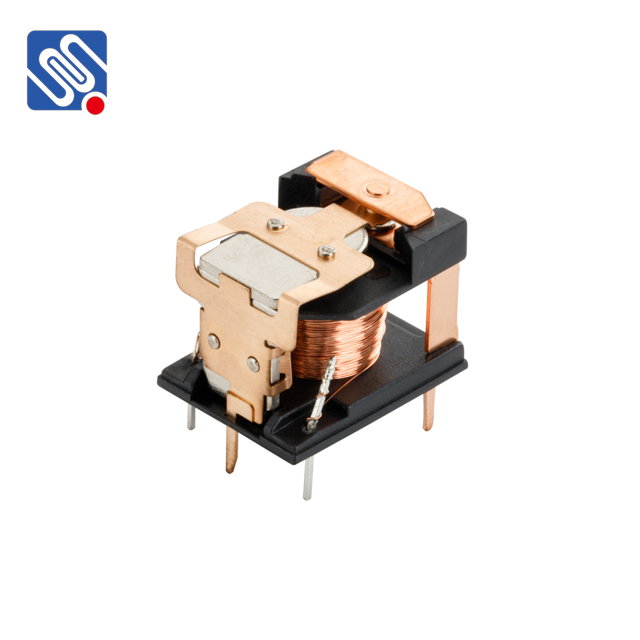understanding relay comparison in control systems and automation
Release time:2025-11-08 00:13:36
Relay comparison is an essential concept in control systems and automation, where it plays a crucial role in the decision-making process of various machines and electronic circuits. It involves the use of relays to compare input signals and take action based on predetermined conditions. This article will explore what relay comparison is, how it works, its applications, and its importance in modern control systems.

What is Relay Comparison? At its core, relay comparison refers to the process of using relays to compare different input signals and determine the appropriate action based on the comparison result. A relay is an electrically operated switch that allows a low-power signal to control a high-power circuit. It operates by using an electromagnet to close or open a set of contacts when an electrical current is applied. In a relay comparison system, multiple signals are compared, and the relay determines whether they meet certain criteria, such as a specific voltage, current, or frequency threshold.

